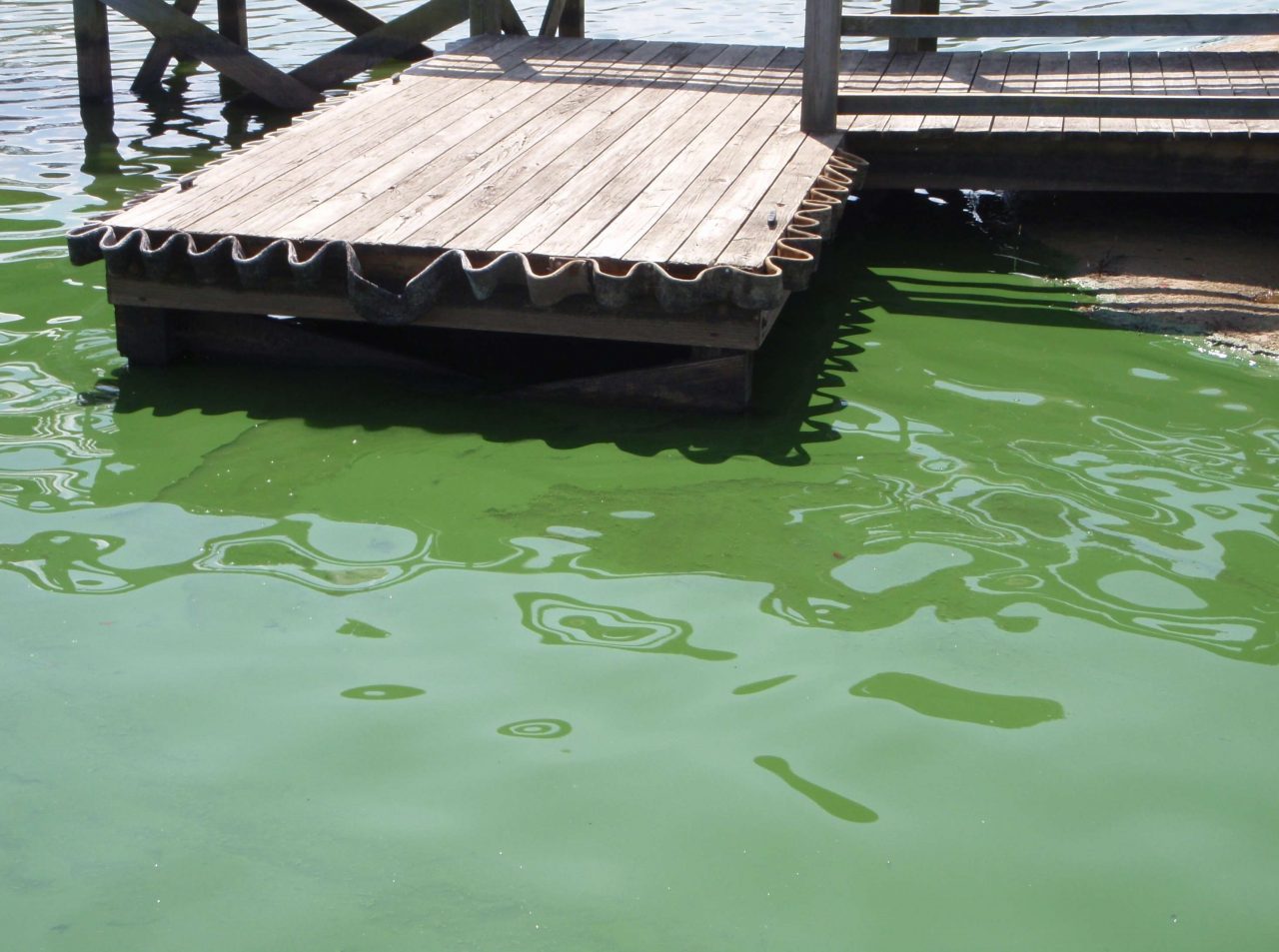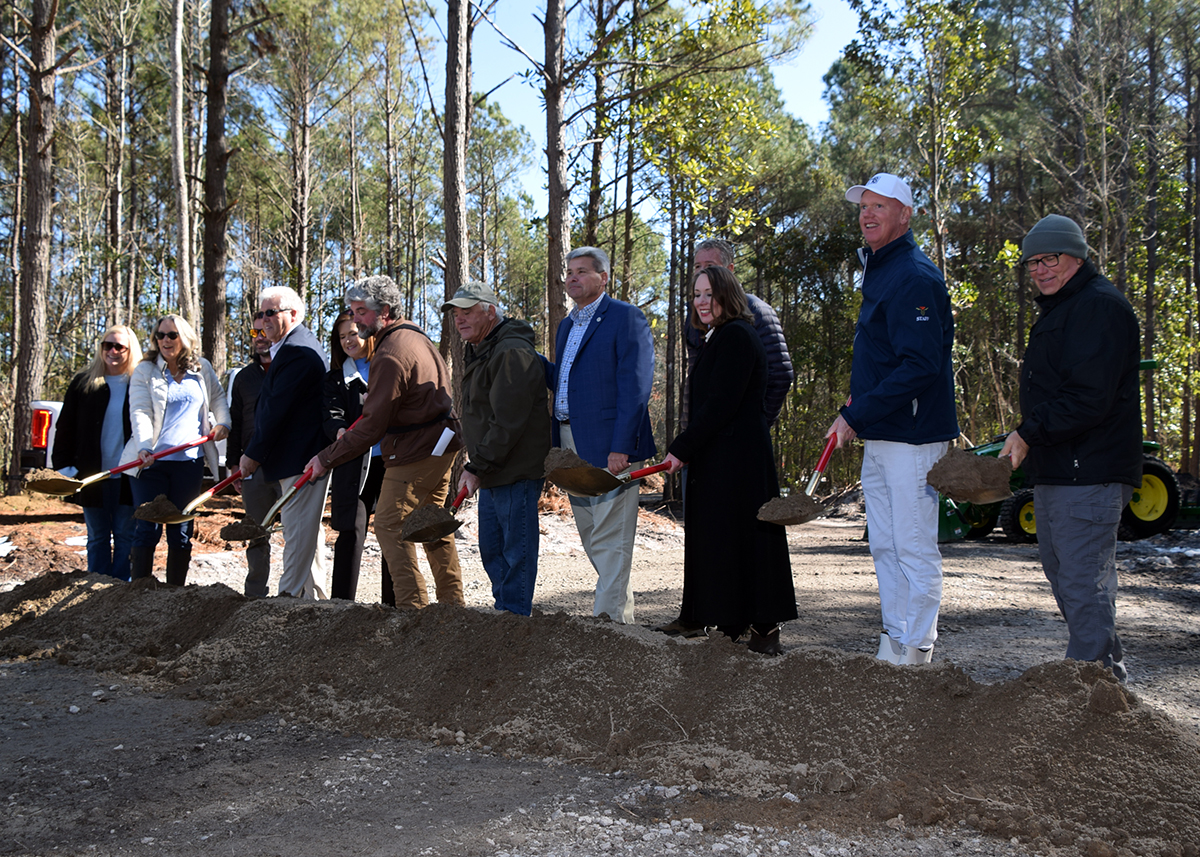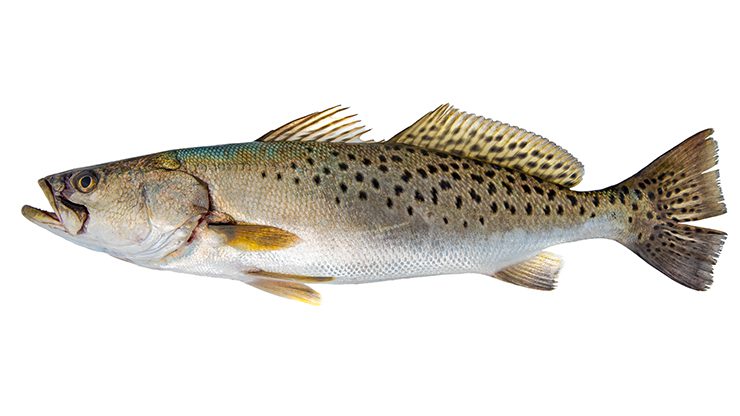
People are being advised to avoid contact with waters affected by a nearly weeklong algal bloom in several northeastern North Carolina counties.
The North Carolina Department of Environmental Quality, Division of Water Resources on Tuesday advised that the public should avoid contact with green or blue water in the Chowan River due to an algal bloom that has lingered in the area since July 12.
Supporter Spotlight
The division said the bloom had been observed along both shorelines of the river, from Tyner to the Edenhouse Bridge in Edenton. Counties currently affected include Chowan, Bertie and Hertford. Algal blooms tend to move due to wind and wave action.
The division said it had investigated the bloom and determined it was dominated by Aphanizomenon, which belongs to the algal group cyanobacteria and is also known as blue-green algae. Cyanobacteria blooms usually appear bright green but when a bloom starts to decay, the color can change to a milky blue. Decaying algae may produce a strong, foul odor that can impact a large area.
Decaying algae have been observed in the northern part of this bloom, including near Tyner and Arrowhead Beach, officials said.
Aphanizomenon can produce microcystin, an algal toxin that may cause adverse health effects in humans and pets. A rapid test did not detect the presence of microcystin in this bloom. However, toxin production is dynamic and can change rapidly over time and location.
North Carolina has had no reports of adverse health effects in people associated with this algal bloom.
Supporter Spotlight
The North Carolina Department of Health and Human Services, Division of Public Health routinely encourages the public to avoid contact with large accumulations of algae and to prevent children and pets from swimming or ingesting water in an algal bloom.
Officials suggest the following steps to safeguard against algal blooms:
- Keep children and pets away from water that appears bright green, blue, discolored, or scummy.
- Do not handle or touch large mats of algae.
- Avoid handling, cooking, or eating dead fish that may be present.
- If you come into contact with an algal bloom, wash thoroughly.
- Use clean water to rinse off pets that may have come into contact with an algal bloom.
- If your child appears ill after being in waters containing an algal bloom, seek medical care immediately.
- If your pet appears to stumble, stagger, or collapse after being in a pond, lake, or river, seek veterinary care immediately.
To report an algal bloom, contact the nearest DEQ regional office or submit a report online. To view reported algal bloom events, visit the division’s Fish Kill & Algal Bloom Dashboard.







